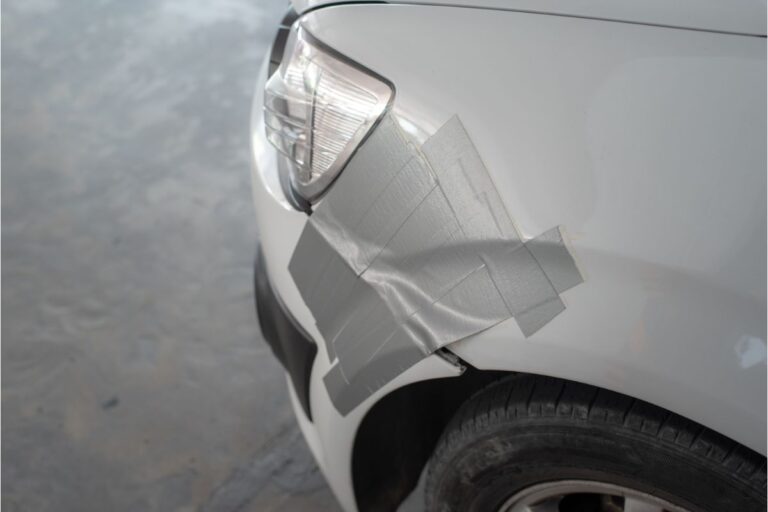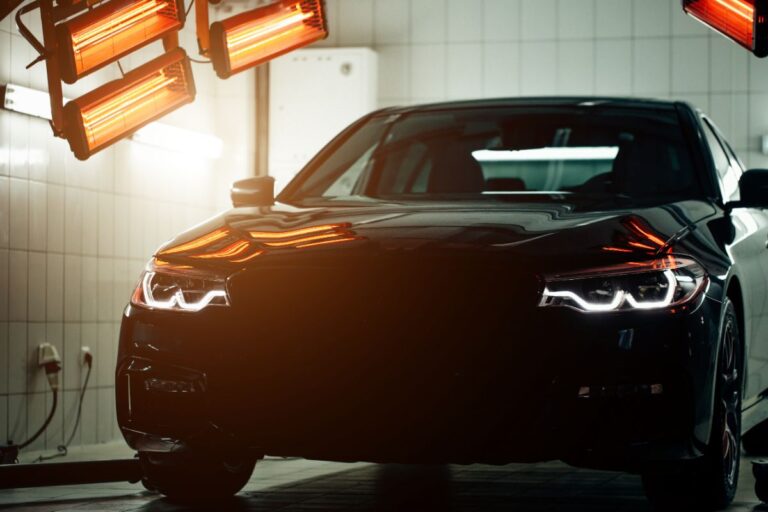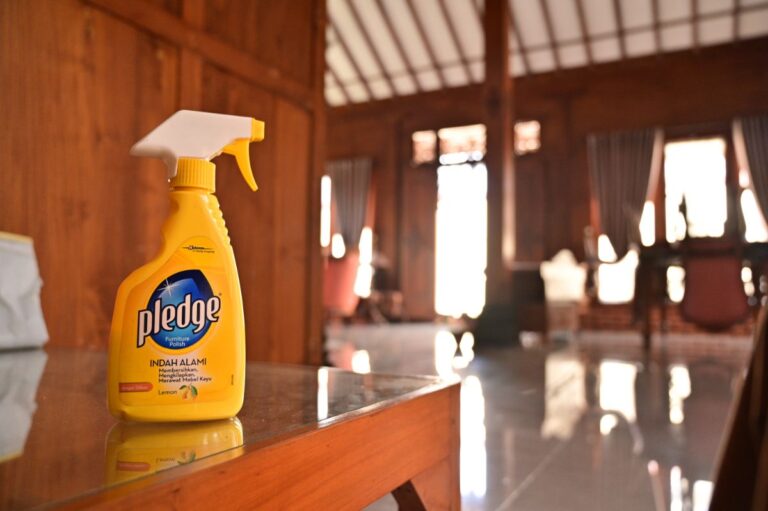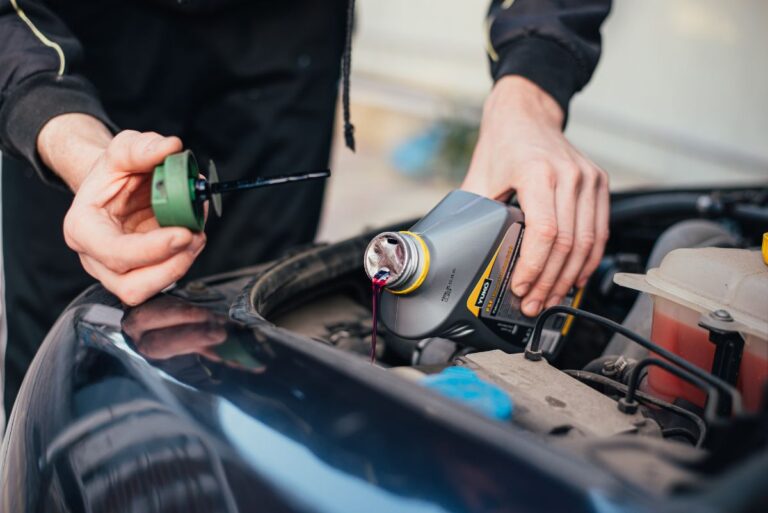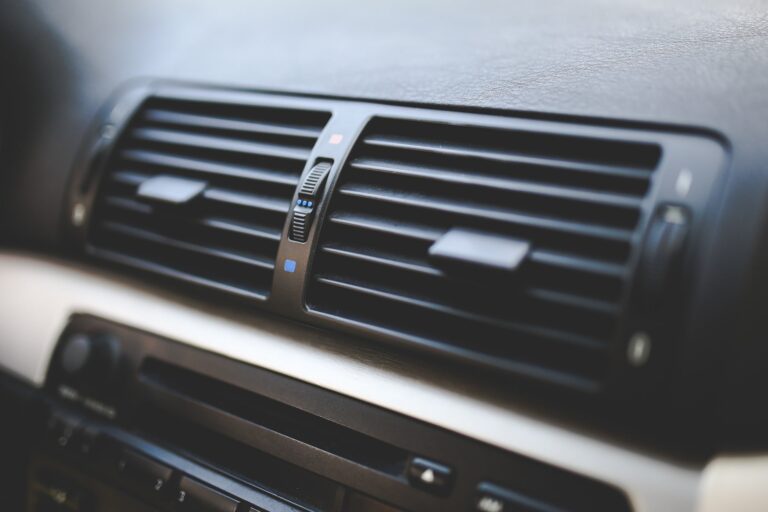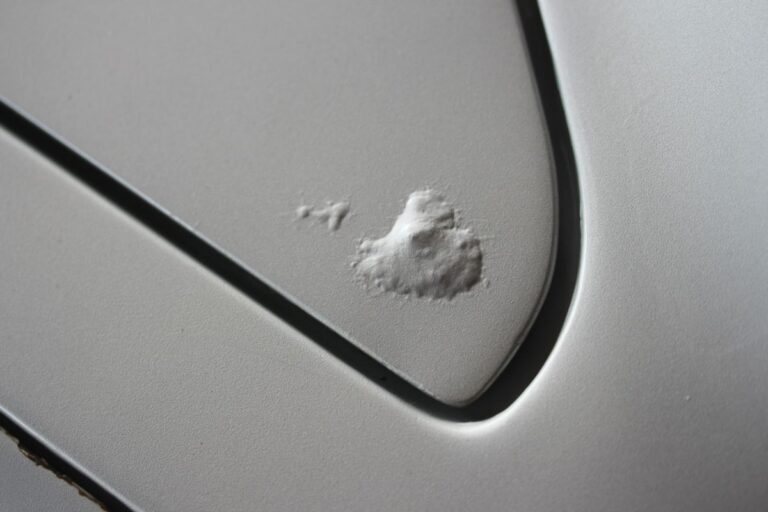
When washing my car, I sometimes want to use what I have on hand. Rather than going out and buying a particular soap or using a car wash, I just want to hose my vehicle down, soap it up with dish soap, rinse, and dry. Cutting corners in car care doesn’t always have the best results.
Still, is it so bad to use dish soap on a car? Does dish soap hurt car paint? We’ll answer these questions and more in the article below.
Is dish soap bad for your car?
The short answer is, no. Using dish soap on your car won’t damage the topcoat or paint–at least not in the short term. Most people have used dish soap to clean their car in a pinch. The long answer is a little more complicated.
When you use dish soap to wash your car, you’ll remove the layer of wax. For a few minutes, this won’t harm your vehicle. However, over time, using dish soap to clean your car can wear down on the paint job.
Although the car’s paint job won’t come off when you scrub it down with dish soap, the removal of the wax layer can leave your car’s paint vulnerable. If your goal is to break down wax on your car, dish soap might be an okay DIY solution. Still, it can’t replace products designed with cars in mind.
In a pinch, it’ll get the job done. But getting the job done isn’t the same as properly taking care of your car’s exterior. There are certain scenarios where you should leave the dish soap out of the car washing equation.
These include directly after having your car waxed or ceramic coated–especially if you would like to maintain the wax or ceramic coating. If you find yourself washing your car often, you might want to invest in products specifically made for car washing and protecting the exterior. If you’re trying to figure out whether dish soap is right for your car, it depends on a range of factors.
There’s no “right” answer to this question. It’s all about your goals for your car, the coatings that are on it, and what you can afford. When you’re washing a car, it seems like a relatively simple task.
After all, a common fundraiser for groups of kids is hosting a car wash.
If twelve-year-olds without licenses or know-how can wash a car, surely a grown adult car owner can handle it, right? As they say, just because everyone else does something doesn’t mean you should, too. If everyone around you washes their car with dish soap, it doesn’t make it right or good for the car.
On the surface, you probably won’t see any glaring issues after washing your car with dish soap. If you look a little deeper, though, you might see some problems with this solution for car washing. While dish detergent doesn’t hurt your car’s layer of clear coat right away, it can wear it down over time.
The biggest concern for your paint when it comes to dish soap is that it removes the wax. When the car’s layer of wax gets stripped away, it’s like leaving your skin free from sunscreen and removing all protective makeup. Car wax covers minor imperfections and scratches.
It also shields your car’s exterior from the harsh rays of the sun. This allows your paint to last longer and look better for greater periods of time. Once the wax is removed, your car is vulnerable to damage from the sun.
What’s more, a waxless car is more likely to get dinged by light debris than a car with a layer of wax. Wax also protects your car against corroding during cold, wet weather. Since dish detergent is designed to remove grease on dishes, it works well to remove wax on your car.
As you can see, removing the wax on the car is not a good idea. It’s not like scrubbing away the chicken grease on last night’s pan. For whatever reason, you might want to remove the wax from your car.
If this is the case, dish detergent’s wax-removing capabilities might be a plus for you. Still, dish detergent takes a decent amount of effort to remove wax from a car. When you consider how tough it can be to scrub a greasy residue from the bottom of a pan, removing wax with dish soap is reasonably challenging.
If you’re trying to clean your car or especially accomplish a specialized task, you are usually better off using materials that are produced for that job. Dish soap is not necessarily the best product to use for long periods of time for yourself or your car. Depending on how sensitive you are, you might experience eye irritation and other issues if you use it for long periods of time.
As torquedetail.com shares, “There’s a belief that dish soap can negatively impact the rubber on your vehicle if used often enough, making your car look dull. Although there isn’t much scientific study behind this conclusion, it’s important to watch out for such issues. Another point to make here is that not only is this type of soap not so great on the surface of your vehicle, but longer exposure to some dish soaps can irritate many people’s eyes.
Some of the chemicals also aren’t great for your health, so even if you do use ones with such chemicals, you’ll want to avoid direct exposure as much as possible.”
What household product can I use to wash my car?
If you want to wash your car but don’t want to splurge on a new product, you might want to use what you have available. Dish soap is only one of many products that may work to wash your car. As vehiclefreak.com explains, “Using car wash soap in the pressure washer is highly recommended, but if you’re cleaning your vehicle with a bucket of water or a garden hose, there’s no need to buy the specialized product.
There are plenty of products you can use that are already in your home…The basic liquid dish soap is the best alternative to specialized car wash soaps. Other options include baby shampoo, mild clothes detergent, hand soap, and other mild cleaning solutions.”
Some car experts would disagree with this approach. To provide an alternative point of view, consumerreports.org warns, “Don’t use household cleaning agents like hand soap, dishwashing detergent, or glass cleaner on the paint. These aren’t formulated for use on a car’s paint and may strip off the protective wax.
Do use a dedicated car-wash product, which is milder and specifically designed for use on automotive paint. Apply the suds with a large, soft natural sponge or a lamb’s-wool mitt.”
Of course, only you can decide what to use to clean your car. If car soap isn’t cutting it, you might need a stronger solution. In certain areas of your car such as the lower edge of the body and the wheel wells, rubber, tar, and grease can build up.
If this grime isn’t washed away with simple car wash soap and water, you might want to pull out the tougher stuff. Bug-and-tar remover usually works well for this task by buffering with a soft cloth.
Can you just wash your car with water?
The most cost-effective, low-effort solution to washing a car would be hosing it down and calling it a day. While this would save time, money, and energy, it’s not advised. Washing your car with nothing but water is hardly a car wash.
A rinse alone works as well for washing a car as it would for showering your body. If you use water alone to wash your car, you’ll remove very little grime and debris. Washing your car with nothing but water can also harm the paintwork.
Using a cloth without soap or other solutions can scratch your car. A bare sponge with water can also result in scratches and scuffs. If you’re just trying to get your car looking presentable in a pinch, there are a couple of situations where water washing works.
If you are using distilled water, this should be okay until you can do a full wash. A hydrophobic coating will also make this okay as long as you go for a drive directly after washing it.




